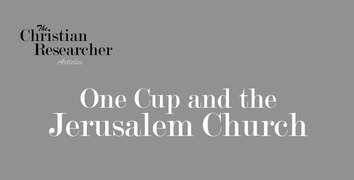In response to this criticism, I would encourage my brethren to consider the following. First, if it is foolish to explain things to God that He already knows, why state anything in prayer since God knows all things (Psalm 139)? Second, throughout the Psalms the psalmists constantly describe God, His nature, and His attributes to God (Psalm 8)? Why did the psalmists spend time describing God to God since God knew Himself better than the psalmists? Third, why do we confess our sins to God (1 John 1:9)? To confess means to “say the same thing.” When we confess our sins, we are simply stating what God already knows. Why must we state what God knows?
Do we not confess what God knows as a demonstration of upholding God’s righteousness, recognizing our unworthiness, and asking for His blessings and forgiveness? Do we not reflect on God’s majesty as an offering of praise, glory, and honor? When we confess the nature of the elements of the Lord’s Supper in prayer are we not merely demonstrating to God our recognition of His wisdom and our understanding of the sacredness of the meal? Not only is such a practice acceptable, it is also proper. God not only wants us to understand who we are and what we are doing, He also wants us to explain our understanding to Him.



 RSS Feed
RSS Feed
